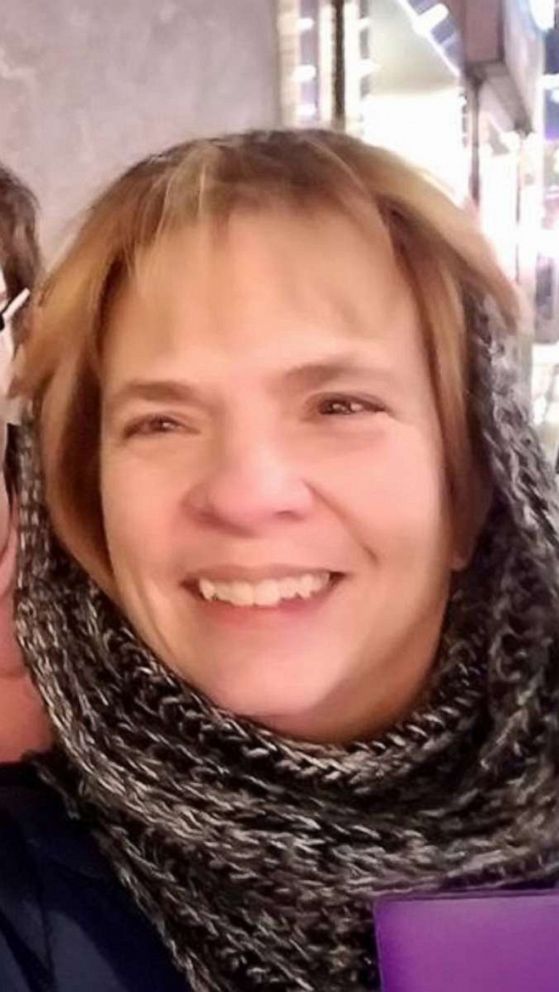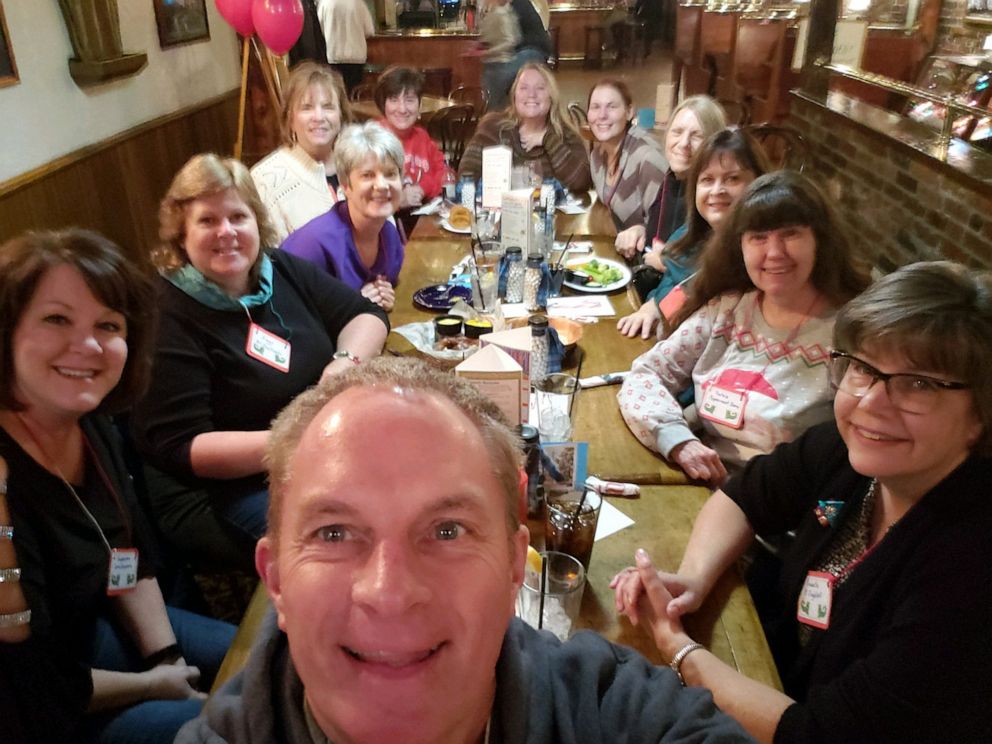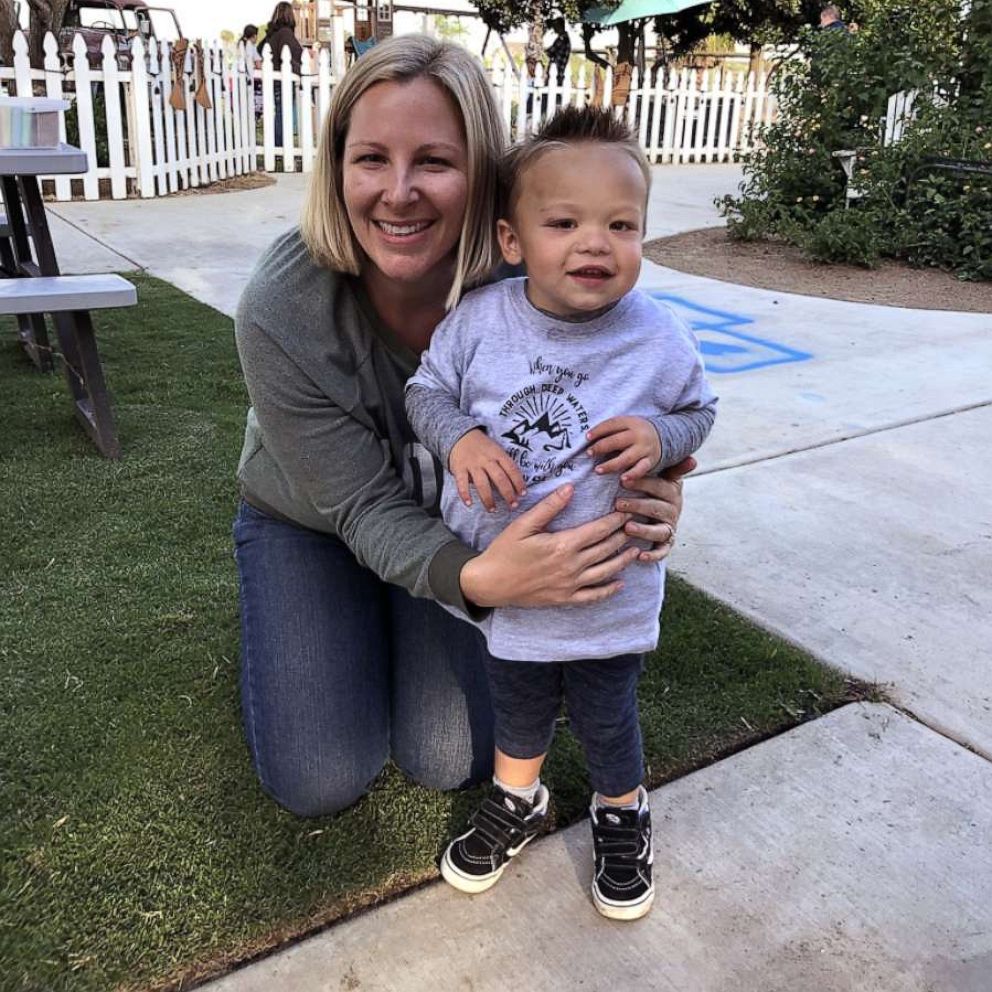Over 100 hospital employees line halls to honor late nurse who became organ donor
Nurse and organ donor Mary Desin donated her organs so that others could live.
A Pennsylvania nurse who devoted her 30-year career to saving patients' lives continued to do so after her death as an organ donor, and she received a touching final send-off from her colleagues.
Mary Desin, 58, died May 31 after a brain aneurysm. Throughout the years, Desin had established a tight-knit circle of colleagues who became like family at the University of Pittsburgh Medical Center's Hamot hospital in Erie.
More than 100 hospital employees filled the halls to pay tribute to her as Desin's family wheeled the nurse on her hospital bed to the operating room where her liver and kidneys were donated. With her heart still beating, and oxygen entering her body with the help of a ventilator, she began her "honor walk" in a hospital bed at UPMC Hamot.
"It was extremely emotional," Mary's son, Matthew James Desin, told "Good Morning America." "Most everybody was crying. People I didn't even know came up to me during the time and said how much they loved her and she helped them get further in their career."
"I expected maybe 20 people from her times as an OR nurse and her current position to be there," he said. "I didn't expect over 100 people to be impacted by her loss."
Desin was then clinically and legally deceased after being pronounced brain dead. Her organs were being supported thereafter, consistent with her wishes, so that she could selflessly give the gift of life by donating those organs to others in need.

A nurse's legacy
Donny McDowell, a senior professional staff nurse and one of Desin's friends, said she was touched by her and her donation.
"What Mary was doing was very brave," he shared with "GMA." "[It was incredible] to see the lives that would be changed because of Mary's gift."
"The thing about Mary that I learned the most is that you always give and you keep on giving a little bit more," McDowell.
Every 10 minutes another person is added to the waiting list for an organ donation, according to the Health Resources and Services Administration, and one donor can save approximately eight lives.
Over 36,000 transplants were performed in 2018, in a report provided by the Organ Procurement and Transplantation Network.

McDowell shared that in addition to Desin's work as a nurse, she taught new nurses about best practices.
"She was an educator from start to finish in any way that she touched people," he said.
Leaving three lights on for Mary
UPMC Hamot also honored Desin as an organ donor by turning on three lights across the top of the hospital building to signify that someone had received an organ transplant.
"Mary loved to travel, but because of her family's needs and her own bills, she wasn't able to travel a whole lot," McDowell said. "Her family felt bad that she passed away and can't travel, but now they're taking solace in the fact that she's gonna travel all over the world now because of the people she's helped."







